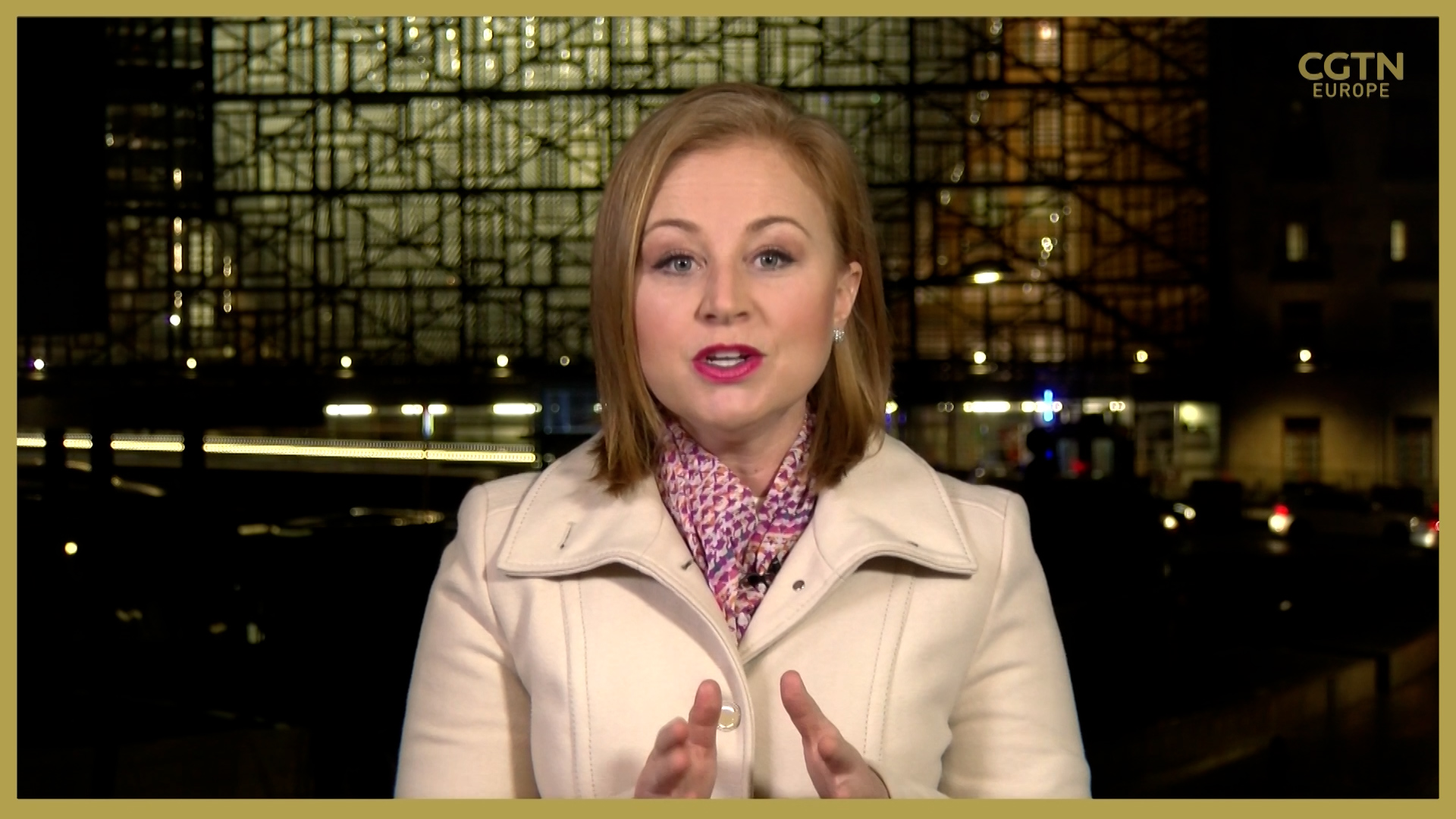01:58

Brussels is expected to launch a new set of rules governing the international export of coronavirus vaccines, as the fallout from an ugly row with AstraZeneca over a supply shortfall worsens.
While not a blanket ban, the new authorization tool will give member states and the European Commission the power to block exports of the jab outside the bloc.
"If we see that there are inconsistencies, that what should stay in the Union according to the Advanced Purchase Agreements is now pointed for export, then it would allow us to see and intervene," said an EU official, speaking on condition of anonymity, adding that while rejections would be a "rare case, it could happen."
The new rules, which are expected to come into force on Friday, will require companies to seek permission to ship vaccines produced in Europe outside the bloc. According to an EU official, firms will need to give advanced notification on the amount being shipped and the final destination.
Export decisions will be based on a set of yet-to-be-released criteria, but officials made it very clear they expect manufacturers to honor Europe's contractual obligations.
"If our doses are delivered, there will be no further issues about the exports," said an EU official.
The export controls come as Brussels locks horns with AstraZeneca over the delayed delivery of tens of millions of doses of its COVID-19 vaccine.
On Thursday, Belgian officials said they inspected a pharmaceutical factory AstraZeneca uses outside Brussels – at the Commission's request – to investigate whether the delays are actually due to a production glitch as the firm claims. The report is expected in the coming days.
Brussels risks global backlash over vaccine export controls
Europe has faced criticism for the slow roll-out of its immunization programs, administering just 2.3 doses per 100 people. That compares with 11.4 in the UK and 7.8 in the U.S.. Vaccine delivery delays could further exacerbate the problem.
Germany's Health Minister Jens Spahn warned the country faces "at least 10 weeks with a shortage of vaccine." The Madrid region of Spain has halted all new vaccinations as doses run out, while Catalonia says its supply is running dangerously low.
EU officials insist the new authorization mechanism isn't about hoarding vaccines for Europe, but rather about transparency in production and distribution. But blocking vaccine shipments in the middle of a global pandemic – even if it is to ensure contracts are being fulfilled – will anger many.

Bernd Lange, the chair of the European Parliament's trade committee, tweeted his objections, saying Europe wasn't leading by example and raised concerns that an export ban "could have a domino effect and trigger export restrictions elsewhere."
UK Prime Minister Boris Johnson said he didn't believe there should be bans on vaccines or vaccine ingredients.
Officials said decisions on the export requests would be made within 24 hours and the mechanism will be in place through March, although it could be renewed.

